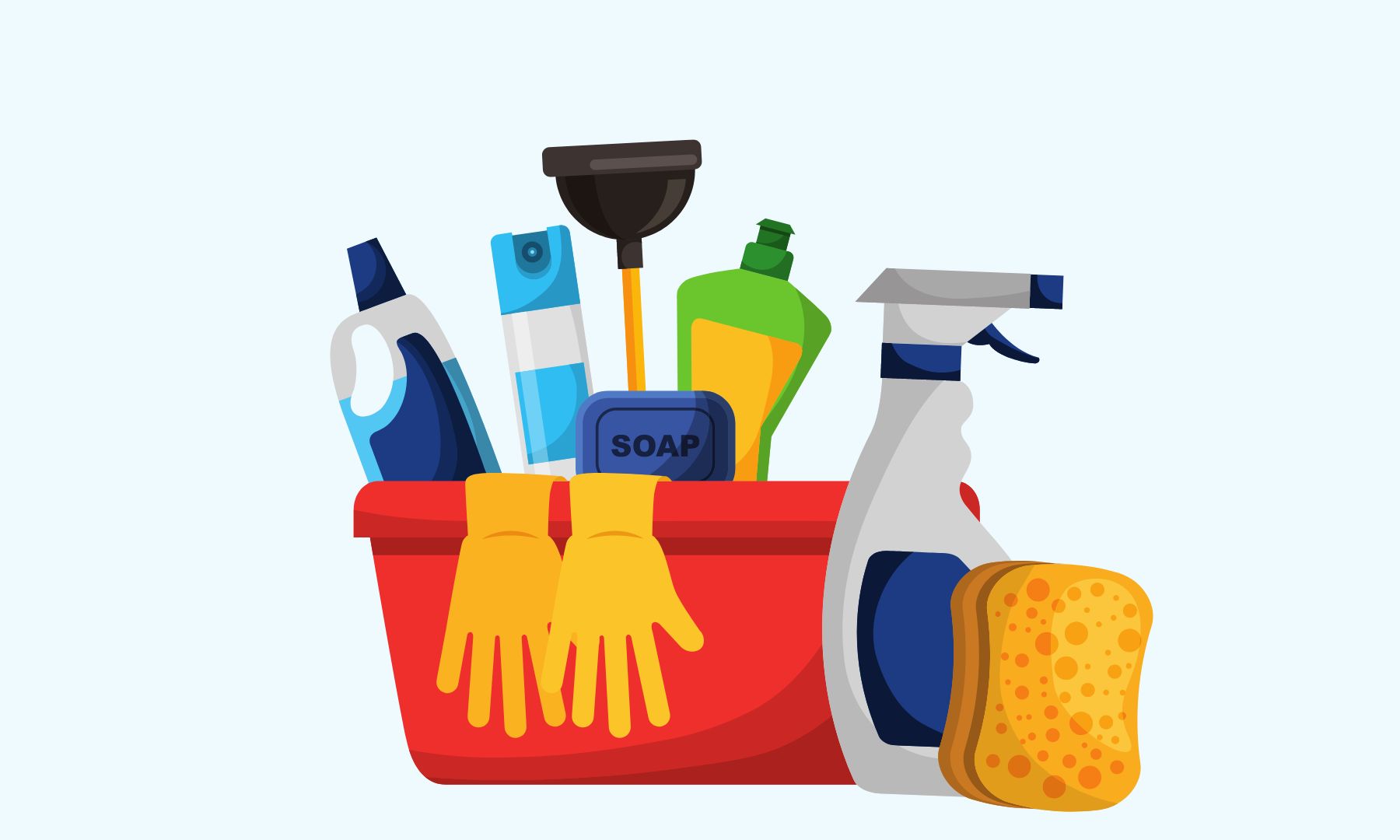
How Clean are Your Cleaning Products, Really?
When you think of cleaning products, you think of just that, clean. And while they might meet that definition, some ingredients could be more harmful to you than the dirt and germs that you are hoping to avoid. Because of cost-cutting and convenience, chemicals have made their way into prominence in the cleaning aisle...
Here’s a look into some of the most common toxins and negative products found in many cleaning products, and why you should remove them.
Phthalates
These are found in many products that have a fragrance, including air fresheners, dish soap, and even toilet paper. Scents are not’ lawfully required to include what’s in them, so this will be a hidden product lurking inside the can or bottle.
Phthalates are known to be endocrine disruptors. Men with a high level will show lowered sperm counts, which was brought on by inhaling phthalates, as well as skin contact through soaps. The skin and lungs don’t have the same intensity of safeguards against toxins, and these chemicals have an easier path to make it straight toward the affected organs.
Choosing fragrance free or all natural options will limit this interaction, as well as cutting out aerosol or air fresheners, and switching to essential oils.
PERC
PERC is found in Dry-cleaning solutions, spot removers, and carpet cleaners, essentially anything focused on getting stains out. Perchloroethylene is a neurotoxin and possible carcinogen that can cause dizziness, loss of coordination, and other symptoms. These products have been phased out of residential buildings and dry cleaners due to this, as inhalation is the primary way to ingest this and can often spread outside of its direct area of use.
Switching from a dry cleaner to a wet cleaner is the new normal, as a wet cleaner uses EPA approved liquid CO2 to clean, rather than any chemical solvents. Your local dry cleaner may have made the switch, just ask! As for spot remover, nontoxic brands are available, or you can use castile soap on stains before washing.
Triclosan
Triclosan is most often present in dishwashing detergents and hand soaps labelled as antibacterial.
This is an aggressive antibacterial agent that promotes growth of bacteria inside of you that is resistant to drugs. There have been studies of dangerous amounts of triclosan affecting internal ecosystems, and leaving you more vulnerable to bacterial affects.
Switching to simple detergents and soaps with recognizable ingredient lists will help you rule this out, keep an eye out for it in hand sanitizers too, but anything that is alcohol based should be fine.
Chemicals are a regular part of life and of cleaning, but too often they can be causing unseen harm due to fine print and hidden ingredients. It’s always a great practice to switch to something more alternative, and it will help the earth as well!